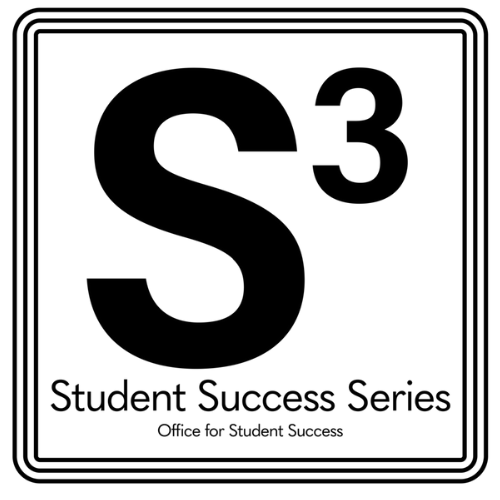Language Of Ghana Africa
Ghana, a country located in West Africa, has a rich linguistic diversity with over 100 languages spoken across its territory. The official language of Ghana is English, which was inherited from the British colonial era. However, there are several indigenous languages that are widely spoken and play a significant role in the country's cultural and social fabric.
Major Languages of Ghana
Some of the major languages spoken in Ghana include Akan, which is the most widely spoken language, accounting for approximately 44% of the population. Other prominent languages include Ewe, Dagbani, and Ga. These languages are not only spoken in Ghana but also in other West African countries, highlighting the region’s linguistic and cultural ties.
Language Families
The languages spoken in Ghana belong to several language families, including the Niger-Congo family, which is the largest language family in Africa. The Akan language, for example, belongs to the Central Tano branch of the Niger-Congo family. Other languages, such as Ewe and Ga, belong to the Gbe and Kwa branches, respectively.
| Language | Language Family | Speakers |
|---|---|---|
| Akan | Niger-Congo | 8.3 million |
| Ewe | Gbe | 3.8 million |
| Dagbani | Gur | 1.2 million |
| Ga | Kwa | 600,000 |
Language Policy and Education
Ghana’s language policy recognizes the importance of promoting local languages, particularly in education. The Ghanaian government has implemented policies to promote the use of local languages in schools, with the aim of improving literacy rates and preserving cultural heritage. However, English remains the dominant language in education, commerce, and government.
Challenges and Opportunities
Despite the linguistic diversity, Ghana faces challenges in promoting local languages, including the lack of standardization, limited resources, and the dominance of English. However, the country also has opportunities to leverage its linguistic diversity to promote economic development, cultural exchange, and social cohesion. For example, the Akan language has been recognized as a vital part of Ghana’s cultural identity, with efforts to promote its use in education, media, and commerce.
- Promoting local languages in education can improve literacy rates and preserve cultural heritage.
- Leveraging linguistic diversity can promote economic development, cultural exchange, and social cohesion.
- Standardization of local languages can facilitate communication and commerce across regions.
What is the official language of Ghana?
+The official language of Ghana is English.
What are the major languages spoken in Ghana?
+The major languages spoken in Ghana include Akan, Ewe, Dagbani, and Ga.
What is the significance of linguistic diversity in Ghana?
+The linguistic diversity of Ghana is a reflection of the country’s rich cultural heritage and history, and it presents opportunities for economic development, cultural exchange, and social cohesion.


